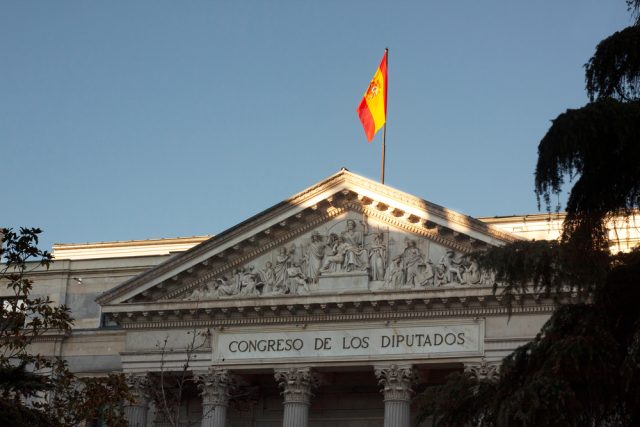
Prime Minister Pedro Sánchez called for a snap election one day after his party, the Spanish Socialist Party, suffered one of its worst defeats in recent memory. The socialists lost key strongholds across the country, including a large share of its representation in the regional assembly of Madrid. However, Spaniards will head to the polls just a few weeks from today, in July, instead of December, right in the middle of the ever-hotter summer months. This is a previously unseen situation in Spain. Plans for vacations and the unforgiving temperatures of the Iberian Peninsula, are set to dissuade turnout rates significantly.
This situation is also unique because the snap election comes at the very beginning of the Spanish presidency of the Council of the European Union, a few weeks after taking over from Sweden. The European People’s Party (EPP) already called upon the European Parliament’s president, Roberta Metsola, to delay Spain’s presentation of its priorities for the presidency until September, to isolate this institutional process from the partisan environment of the Spanish political campaign.
While there is still some margin for the Socialist Party to secure enough seats in Congress, most polls predict a victory of the main opposition party, the Popular Party (PP), and a fundamental role for Vox, which—depending on the PP’s course of action—would become the first ECR-affiliated party to become part of a government coalition in Spain. This puts the country and Sánchez—who some speculate is vying for a position in Brussels or NATO—in an unstable terrain vis-à-vis his European agenda, which will have indispensable items—like fostering trade relations with Hispanic America—delayed.
The snap election will also take place over a changed political environment. The centrist Citizen’s Party (Ciudadanos) decided not to run in this election, after several attempts to regain the power and influence they have had in national and local politics. After losing almost all representation in regional and municipal governments this past May, the party will inevitably disappear from the map. The far-left party and coalition partner of Pedro Sánchez’s Socialists, Unidas Podemos is set to be going on the same direction, after suffering major defeats, especially in the capital, Madrid.
In the same side of the spectrum, there is “Sumar”, an up-and-coming leftist political party led by the vice president Yolanda Díaz. The rise of Sumar is what many analysts concluded was the reason for Sánchez calling of the snap election. According to polls, had elections take place in December, the popularity and freshness of this new political brand would have costed Sánchez at least a dozen seats in Congress. However, its low levels of implantation in the territories, its lack of a robust political structure, and the sudden switch in dates leaves Sumar with no option but to run together with Unidas Podemos.
And then there is Vox. The conservative party experienced a larger growth than any of the other political parties in Spain, despite the calculations of the two larger ones to thwart the rise of newer alternatives. Its leader, Santiago Abascal, has been pitching to Spaniards he and his party are the real alternatives to the current socialist government. The party has put forward a solid agenda of European conservatism. Last year, for instance, Vox gathered key European conservative leaders last year in the “Madrid Summit”. This time, if the right wing receives the most votes, it may have a chance to govern.
Given its imminent presidency and Sánchez’s politically motivated decision, all eyes should be in Spain in the next six weeks. What happens there will affect the rest of the European Union.



 Subscribe
Subscribe